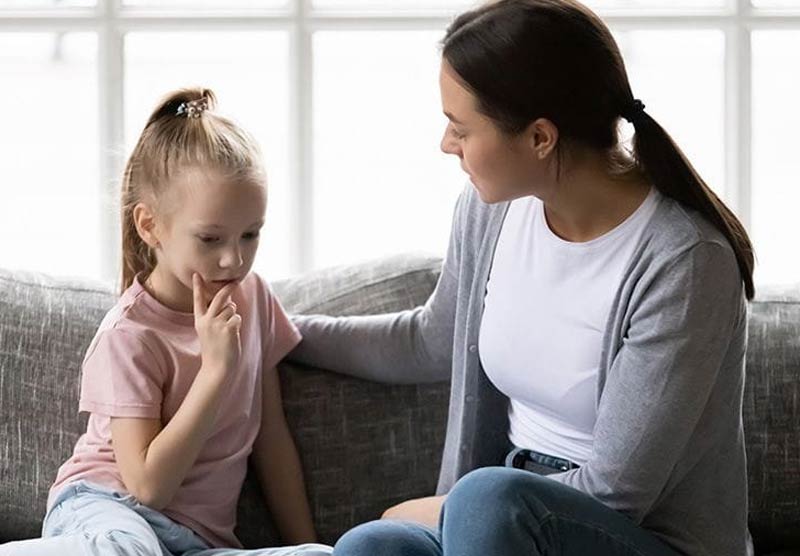Talking to Kids and Teens about War

Start with Age-Appropriate Information: When discussing war, it’s crucial to consider the child’s age and maturity level. Begin by providing simple, age-appropriate explanations and gradually introduce more complex concepts as they grow older. Use language and examples that they can comprehend, ensuring they feel safe and supported throughout the conversation.
Encourage Questions and Active Listening: Create an environment where children and teenagers feel comfortable expressing their thoughts and concerns. Encourage them to ask questions and actively listen to their perspectives. By doing so, you demonstrate that their feelings are valid and important, fostering trust and open communication.
Provide Context and Historical Understanding: Help children and teens develop a broader understanding of war by providing historical context. Share simplified but accurate information about the causes, consequences, and impact of war, highlighting the importance of peace, diplomacy, and conflict resolution.
Promote Empathy and Compassion: Teach children and teenagers to empathize with those affected by war. Discuss the experiences of children living in war-torn areas, refugees, and soldiers, emphasizing the shared humanity and the importance of compassion. Encourage them to consider how they can contribute positively to the world, promoting peace and understanding.
Monitor Media Exposure: In today’s digital age, children and teens have easy access to news and information about conflicts worldwide. Monitor and limit their exposure to graphic content, as it can be overwhelming and distressing. Engage in media literacy discussions, helping them critically analyze news sources and differentiate between fact and opinion.
Encourage Expression through Art and Writing: Artistic expression can be a powerful outlet for children and teenagers to process their thoughts and emotions about war. Encourage them to engage in activities such as drawing, painting, writing, or role-playing to express their feelings in a safe and constructive manner. This allows them to explore their thoughts and gain a sense of control over their emotions.
Foster Resilience and Coping Skills: War can evoke feelings of fear, anxiety, and helplessness. Teach children and teenagers coping skills to manage these emotions. Encourage healthy habits such as exercise, mindfulness, deep breathing, and engaging in activities that bring joy and relaxation. Additionally, support them in building resilience by emphasizing their personal strengths and problem-solving abilities.
Seek Professional Help if Needed: If a child or teenager continues to exhibit significant distress, behavioral changes, or persistent anxiety related to war, it may be beneficial to seek professional help. The trained child therapists, teen counselors and family therapists at Integrative Therapy and Coaching can provide specialized support and guidance tailored to their specific needs.
Talking to children and teenagers about war requires sensitivity, understanding, and age-appropriate information. By engaging in open and honest conversations, providing historical context, fostering empathy, and promoting coping skills, parents and teachers can help young individuals navigate the complexities of war while nurturing their understanding and resilience. Remember, your support and guidance can make a profound difference in shaping young people’s perspectives as well as nurturing crucial feelings of safety and love.
